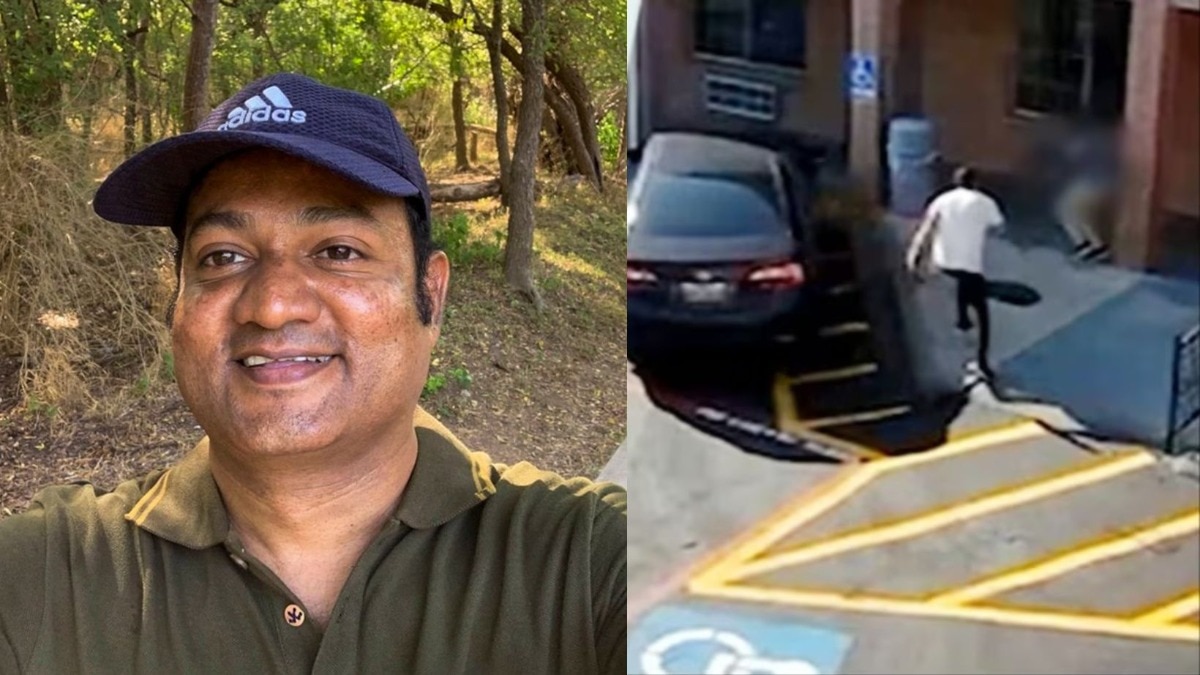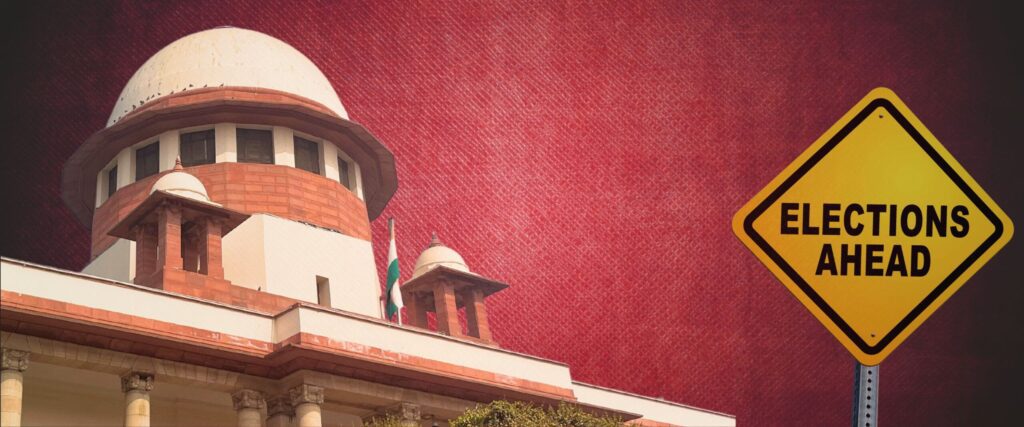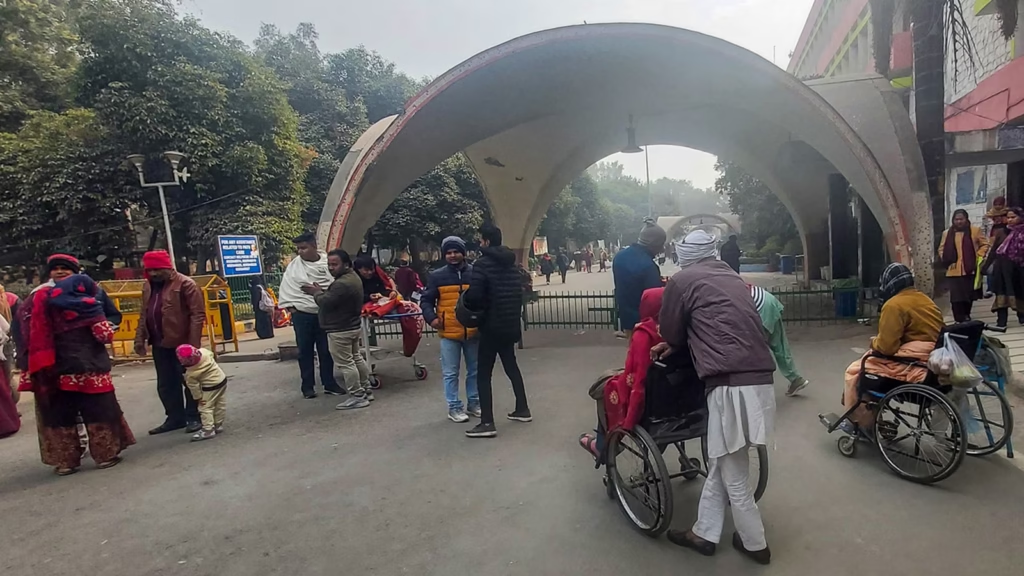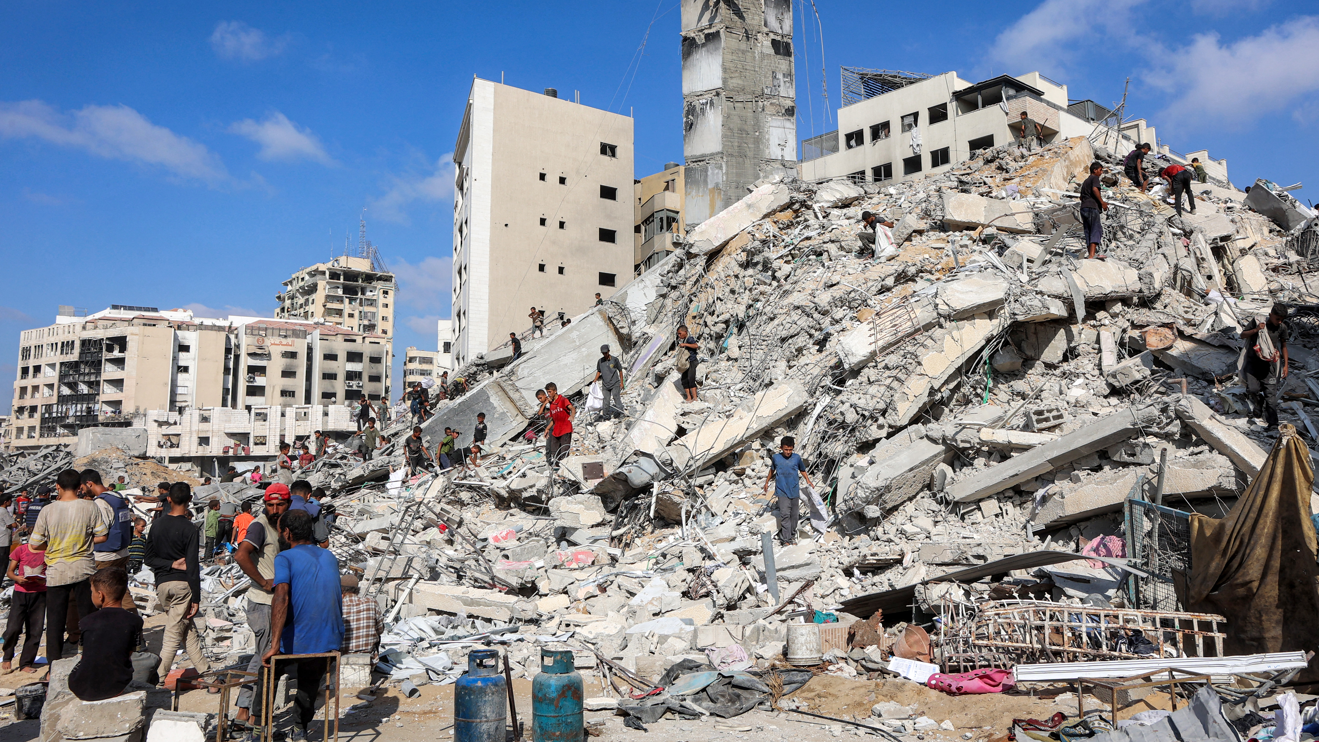Now Reading: Beheading of Indian Man in Dallas: Homeland Security Says It Was “Completely Preventable”
-
01
Beheading of Indian Man in Dallas: Homeland Security Says It Was “Completely Preventable”
Beheading of Indian Man in Dallas: Homeland Security Says It Was “Completely Preventable”

A brutal killing in Dallas has sparked outrage after US Homeland Security called the beheading of Indian-American Chandra Nagamallaiah “completely preventable.” The suspect, identified as Yordanis Cobos-Martinez, allegedly attacked Nagamallaiah at a motel following a dispute over use of a broken washing machine. The case is drawing attention not just in the United States but among Indians abroad and in India, especially for how immigration, detention and public safety intersect.
What Happened in Dallas
Nagamallaiah, 50, was working at the Downtown Suites motel in Dallas when the alleged perpetrator, an undocumented immigrant from Cuba, got into an argument with him. The disagreement reportedly escalated after Nagamallaiah asked him not to use a broken washing machine, and later asked someone else to translate instead of speaking to Cobos-Martinez directly. Eye-witnesses say Cobos-Martinez then retrieved a machete, pursued Nagamallaiah, and committed the atrocity in front of his wife and son.
Prior Criminal Record & Detention Issues
Cobos-Martinez had a documented history of violent crime, including arrests for carjacking, assault, theft, and other offenses. He had been in ICE (Immigration and Customs Enforcement) custody in Dallas earlier but was released under an “Order of Supervision” after Cuban authorities refused to accept his return deportation. Homeland Security officials say this decision allowed someone with a known violent past to remain free.
Statements & Political Fallout
US Homeland Security explicitly said that the killing could have been prevented if Cobos-Martinez had not been released. There has been widespread condemnation from Indian-American leaders and political figures, some of whom argue for stricter immigration and detention enforcement. Meanwhile, family, community leaders and legal experts are calling for transparency in how the release decisions were made.
Relevance for Indians Abroad and at Home
For Indians in the US, the tragedy underscores fears around safety and the importance of diplomatic protection. For people in India, particularly in Tier 2 cities where many families have relatives overseas, this becomes not just news but a cautionary tale about immigration policy, diaspora vulnerabilities, and the accountability of institutions. The emotional impact is strong among Indian communities who often rely on stories to gauge how overseas laws affect ordinary people.
Challenges & Questions Raised
Key questions now include: Could the US system have acted sooner? What are the checks when an immigrant with criminal history cannot be deported because of refusal by another country? How do decisions around release or supervision weigh public safety? Legal experts warn that institutions must balance individual rights with public safety, and that weak links in the immigration-detention system can have tragic consequences.
Conclusion
The beheading of Chandra Nagamallaiah is a grim reminder that policy decisions have human consequences. Homeland Security’s statement that the crime was “completely preventable” points to potentially avoidable failures. Beyond heartbreak, the case spotlights the need for stronger oversight of immigration and detention systems. For Indians both inside the country and abroad, this incident calls for vigilance, advocacy, and reforms to ensure safety is not compromised by bureaucratic gaps.

























